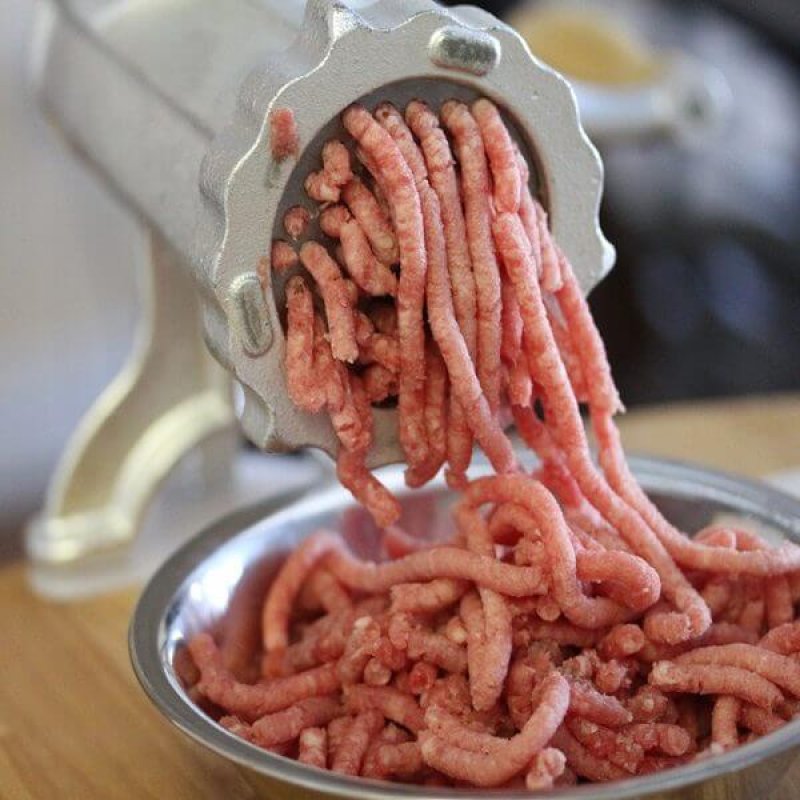At the 2019 Milken Global Conference, which brings together business and public policy leaders to explore how market-based solutions could help social problems, a cohort of speakers suggested revamping our food system could be key to intervening in climate change. They argued that food innovations such as lab-grown meat were critical to creating a better and more just food future.
…
But there is a problem with cellular agriculture—another name for lab-grown meat …. In key ways, lab-grown meat is built on the same foundational logics of our current industrial food system. As a result, it’s firmly on the road to replicating many of the challenges that it claims it will address, and in the process risks making a food future that is worse, rather than better, for eaters.
…
[I]n the lab, we find molecular reductionism hard at work as researchers seek to understand how to get animal protein cells to grow in spaces foreign to their being …. We find the same far-flung supply chains and base materials that rely on petrochemical extraction. And we see once again a divide between who can even produce these foods, let alone get access to them.Read full, original article: The Problem With Lab-Grown Meat































